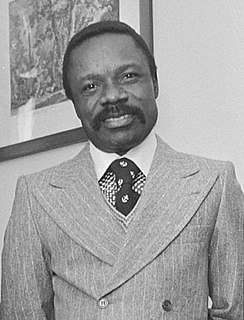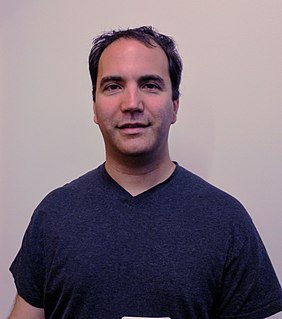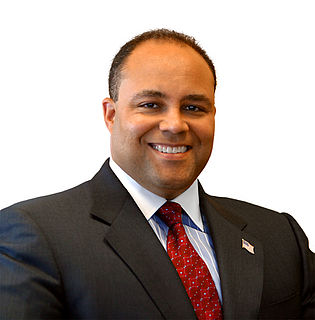A Quote by Omar Bongo
I am in favor of complete freedom of information and of free access to the new communication tools, in particular the Internet.
Quote Topics
Related Quotes
The rise of a ubiquitous Internet, along with 24-hour news channels has, in some sense, had the opposite effect from what many might have hoped such free and open access to information would have had. It has instead provided free and open access, without the traditional media filters, to a barrage of disinformation.
The Internet is merely a new means of communication, that's all it is. It serves the purpose of getting information, which it is fantastic at. I mean, I live by the Internet in terms of research and it's incredible - there's nothing that you can't find out about. It's not stopped me going to bookshops but I must say that I don't go into as many because any book I want.
For Americans, with the advent of the U.S. invention of the Internet, free speech is not just open dissemination of ideas and information. It includes limitless instant access to those ideas and the ability to choose and search from among virtually unlimited sources. It is also the backbone of free enterprise and a vibrant global economy.
Free inquiry entails recognition of civil liberties as integral to its pursuit, that is, a free press, freedom of communication, the right to organize opposition parties and to join voluntary associations, and freedom to cultivate and publish the fruits of scientific, philosophical, artistic, literary, moral and religious freedom.











































